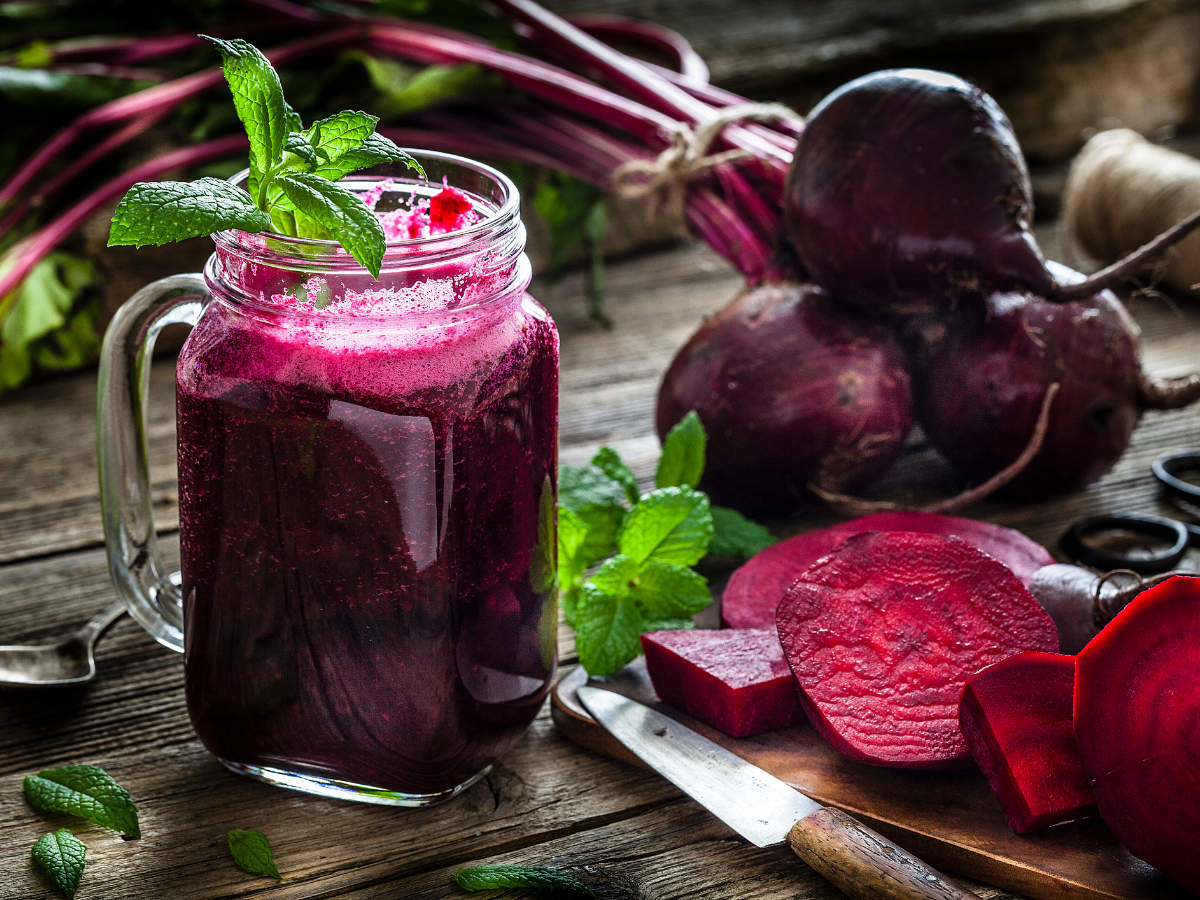
29 Nov The Truth About Beet Juice
Nature provides us with many natural solutions to get better. Among them, there is beet juice. If you are reading these lines, you are undoubtedly wondering why it is worth trying. In the next lines of this article, you can find the answer to this question.
Beetroot juice: why is it good for health?
There are several reasons why it is possible to speak of beet juice like a real health elixir. The aspects to consider undoubtedly include the richness in vitamin C or ascorbic acid, a nutrient known for its antioxidant efficacy and for its ability to promote the efficiency of the immune system (which is a very important aspect when it comes to preventing the typical ailments of the cold season).
The beet juice is an elixir of health also because of the presence of certain minerals important for health. Among these, it is possible to mention potassium – in 100 grams of beetroot, also known as Beta vulgaris, we can find about 300 mg – essential for blood pressure regularity and, consequently, for heart health.
Beetroot juice is also an excellent source of phosphorus, a mineral that helps memory and allows us to transform the food we eat into energy. There is still a long way to go to list the reasons why beet juice is good for your health.
Worthy of note in this regard is the presence of B vitamins – specifically vitamin B1, vitamin B2, vitamin B3 – essential for the efficiency of metabolism. Great remineralizing and restorative, beet juice is also an opportunity for an extraordinary calcium boost.
As specified by the Humanitas experts, in 100 grams of beetroot it is possible to find about 20 mg of calcium, a mineral essential for the health of bones and teeth.
Returning for a moment to antioxidants, we point out that there is not only vitamin C. Beet juice, in fact, is also rich in anthocyanins and flavonoids. When mentioning it, it is necessary to remember that, today, there is no evidence in the medical literature relating to the interaction between beet and specific drugs.
We conclude by recalling that the intake of beetroot is contraindicated in case of kidney stones. Furthermore, since it stimulates the secretion of gastric juices, it is contraindicated in the case of a diagnosis of gastroesophageal reflux disease.
And here are the benefits of this juice:
- It prevents dysfunction of the liver, kidneys, pancreas, and also treats ulcers.
- Helps eliminate fatigue from too much physical activity, muscle aches
- It strengthens the lungs, prevents heart attacks, and lowers high blood pressure
- It strengthens the immune system
- Great for eyesight and eyes, it eliminates red and tired eyes and dry eyes
- It detoxifies, and helps intestinal motility, eliminating constipation. For this, it makes the skin pure and radiant. It is excellent for those with acne problems.
How to make beet juice
- While beet juice has its downsides, just cook them in specific ways to avoid them. The procedure is simple
- Proceed to extract the live, red juice from your beets using an extractor.
- Pure beet juice, we said, is very potent and not ideal. However, if you want to try it like this, add at least a little lemon. This will promote the assimilation of iron.
- We also advise you to start assimilating a little of it a day. This is to ensure that your body gets used to the purifying power of the juice.
- The best solution, however, would be to dilute the beet juice with other juices. You could add: carrots, apples, ginger juice, or whatever else you like. This for various reasons: the first is to mitigate its potency, and therefore the discomfort for your body; the second to alter the flavor according to your tastes; the third to add other nutritional properties beyond those of beet.
- Specifically: with the addition of lemon, as we said, it favors its pure intake; with carrots, orange or black, it promotes the regeneration of red blood cells; with the addition of apple tree and/or ginger it favors the rebalancing of the intestine.
In the end, it is a useful food as a medicine, as a supplement and also for diets, but with which one must be very careful. Too much is good, as they say, and this is precisely the case with beet juice.



Sorry, the comment form is closed at this time.